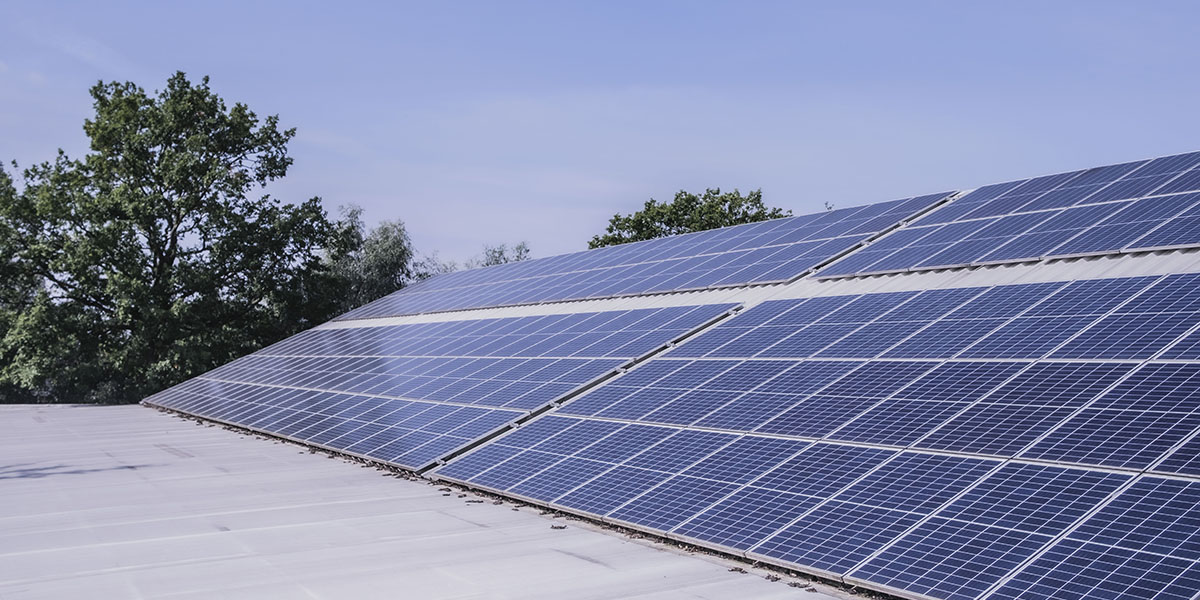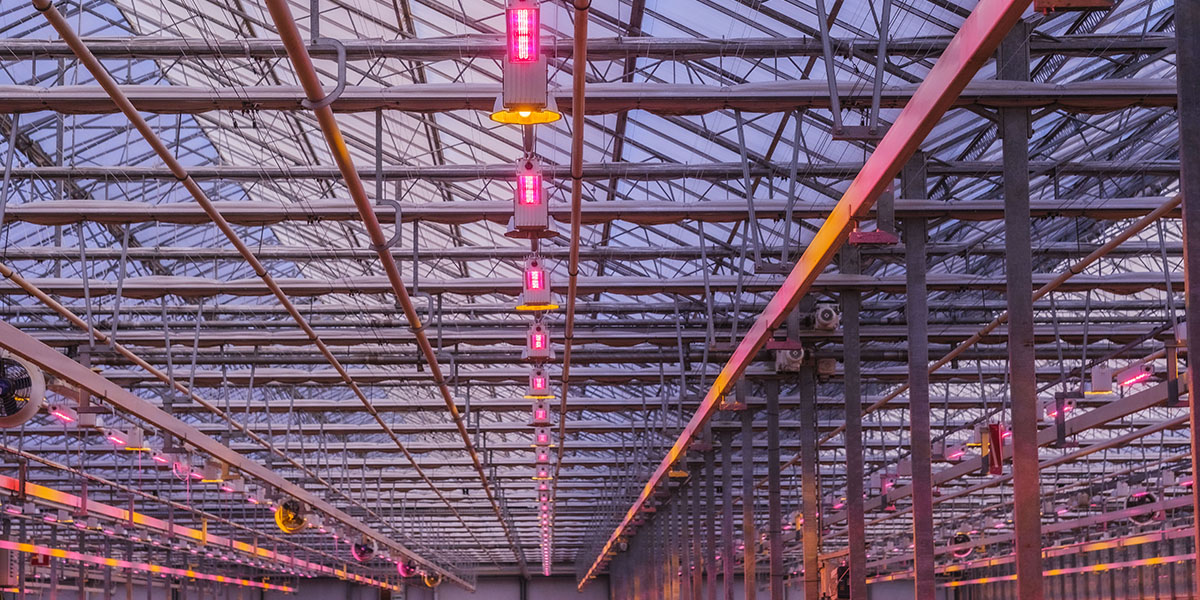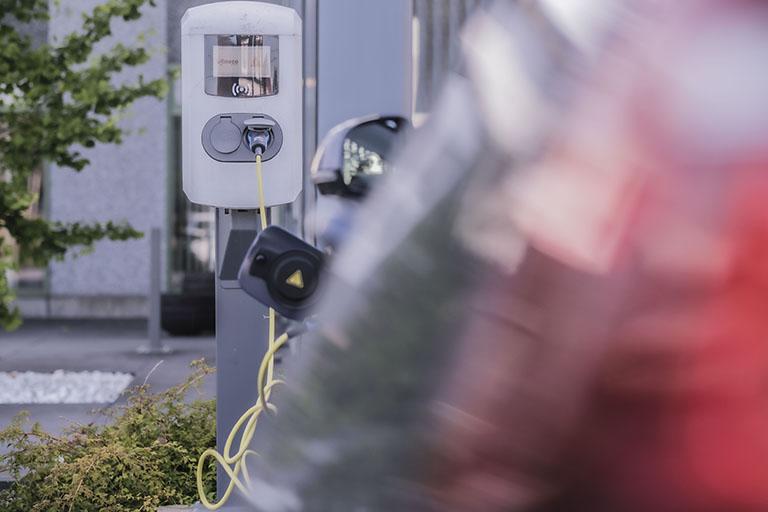There is no planet B
You are here
Microflor was aware of this long before the environment became a global concern. There is only one Earth, so we better all take good care of it. Since 2016, this vision has been firmly embedded in our sustainability policy. The overview on this page is just a snapshot. If you see 80% somewhere, you can be sure we’re working to achieve the full 100%.

Three pillars
1. Crop protection
Where possible – and certainly on a preventive basis – we use biological crop protection. We only use chemicals in exceptional cases, when there’s truly a need for them.
2. Water collection
We reuse 80% of our drain water for greenhouse cultivation. As a result, 100% of our irrigation water is rainwater, which means we don’t use any groundwater or tap water. We also reuse the fertilisers in the water, thus halving the environmental burden. Since 2020, we have also been reusing the cooling water in our laboratories.
3. Energy
Our goal is to use as little fossil energy as possible. We are constantly looking for alternatives.
- Cogeneration : Pioneering is in our genes. In 2010, we were the first company in the floriculture sector to start using cogeneration (CHP). The benefit? A 20% reduction in energy consumption.
-
LED lighting : Since 2018, we have gradually been replacing the classic SON-T lamps with LED lamps. This process is now almost 100% complete in our laboratories. In the greenhouses, we use a hybrid system.
-
Green electricity : We have been purchasing green electricity since 2016 and installed solar panels on one of our labs in 2018. Our main focus remains the lowest possible energy consumption. This is also the criteria for new investments.
-
Green mobility : We encourage the use of electric cars and bicycles. Need to charge your electric car or bicycle during working hours? We’ve been investing in charging in recent years, with more stations to come!

Spread the smile
Microflor is not an island. Because we practise what we preach, we also sow smiles in our surrounding environment.
- We maintain our ornamental garden without any chemical pesticides.
- We have planted a flower and bird meadow on a fallow site to improve biodiversity.
- Green shield and absorbent panels prevent our activities from bothering our neighbours.
